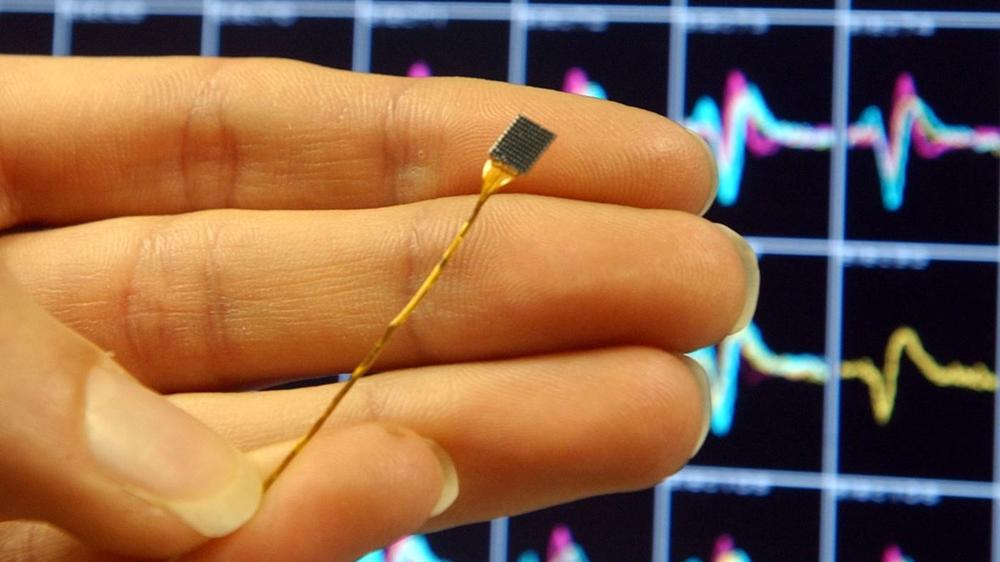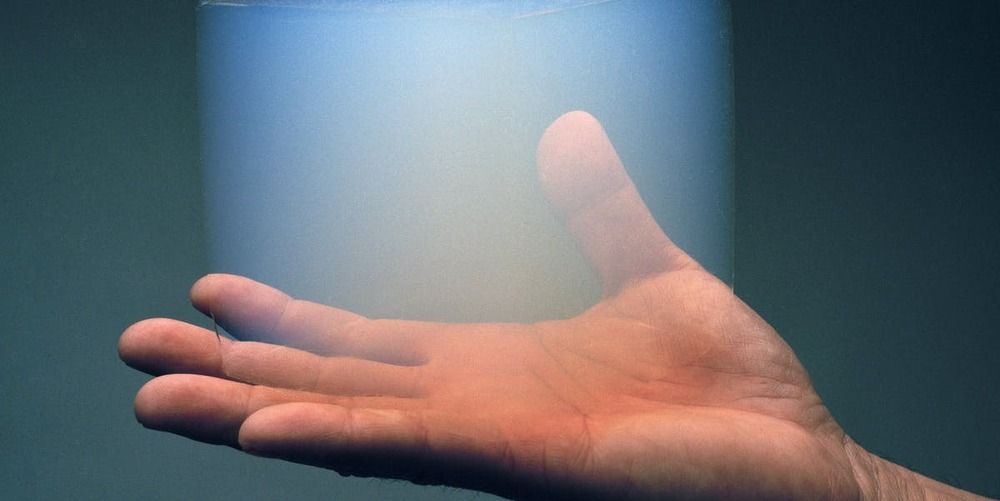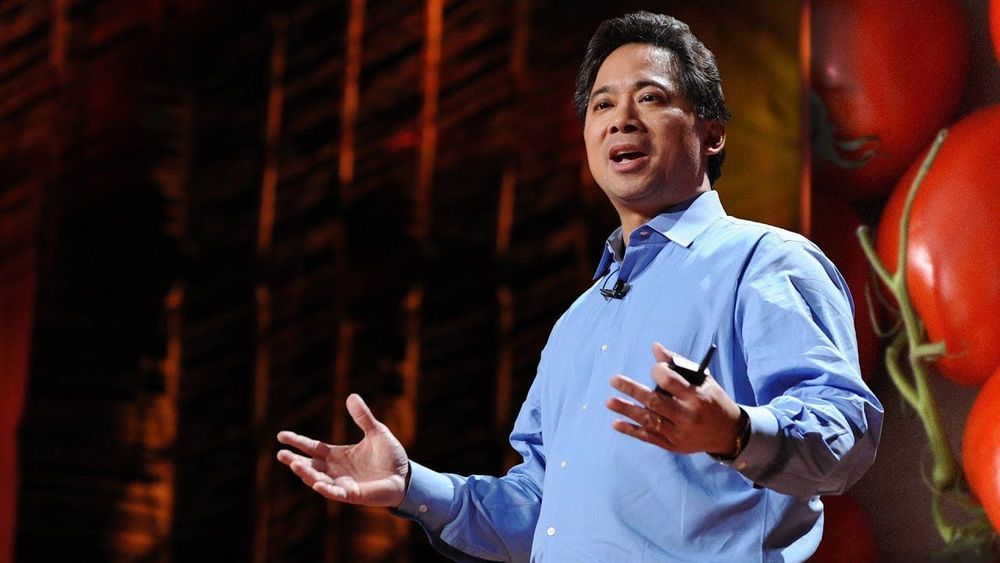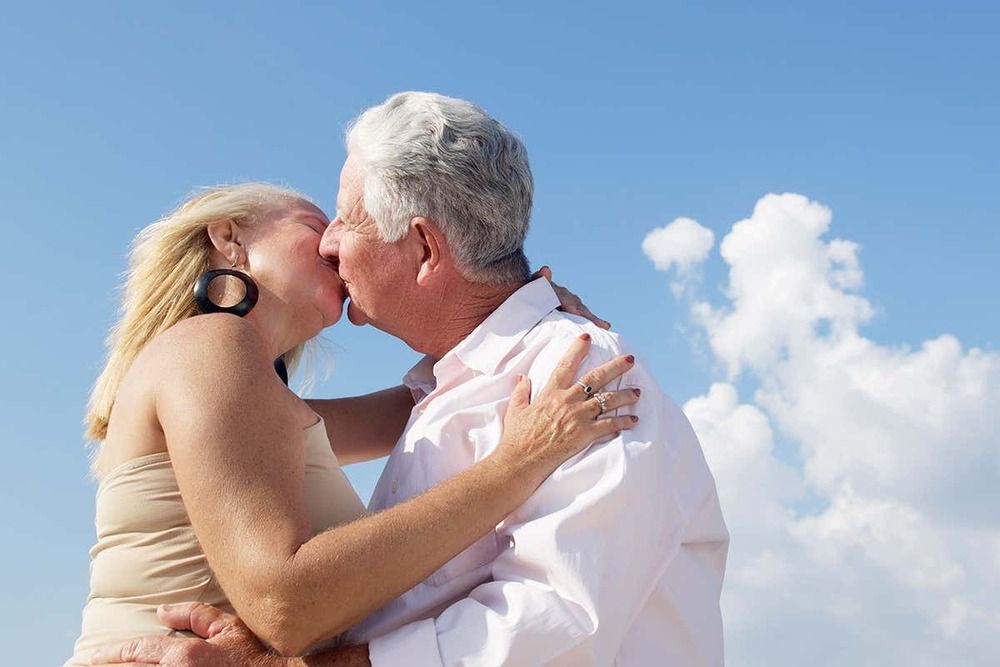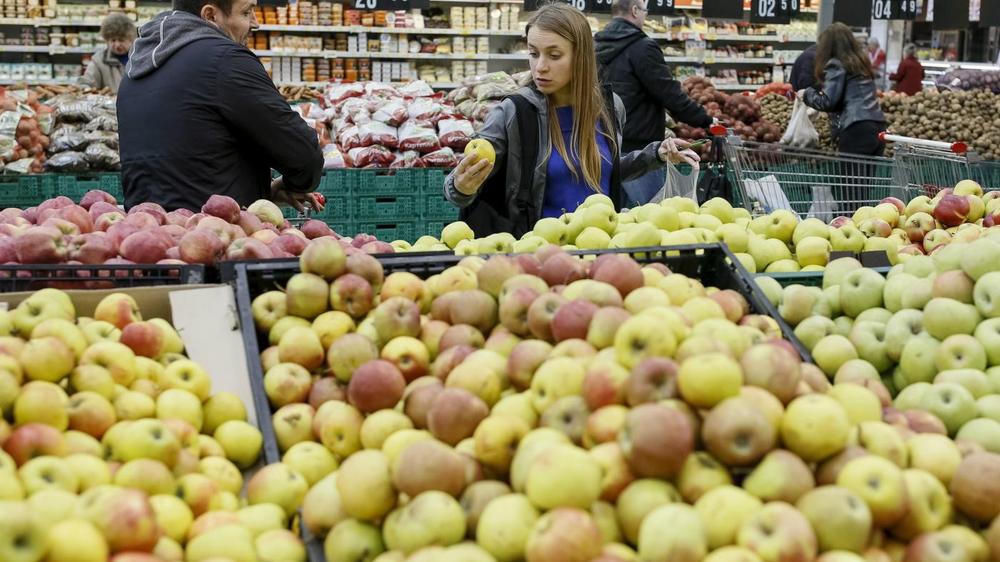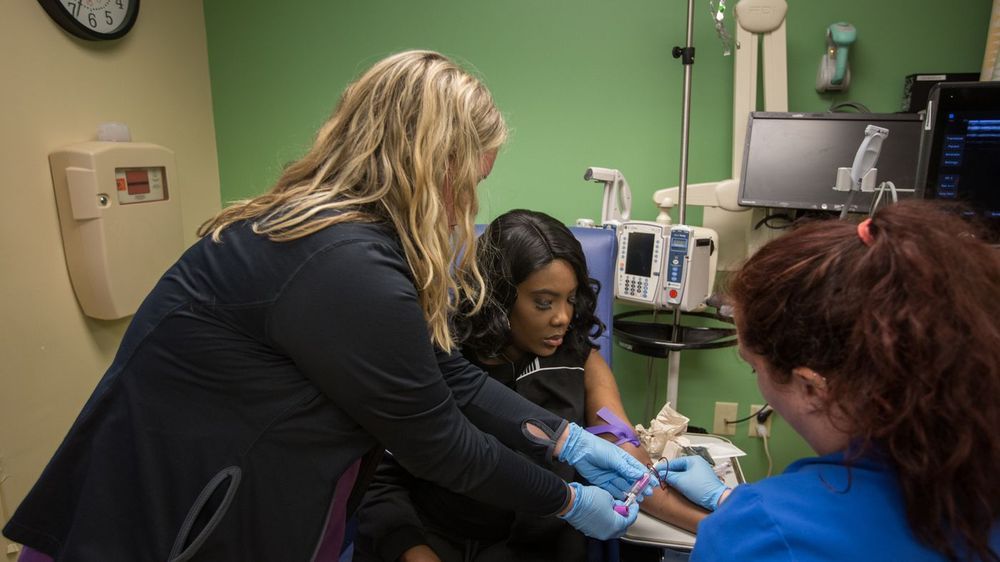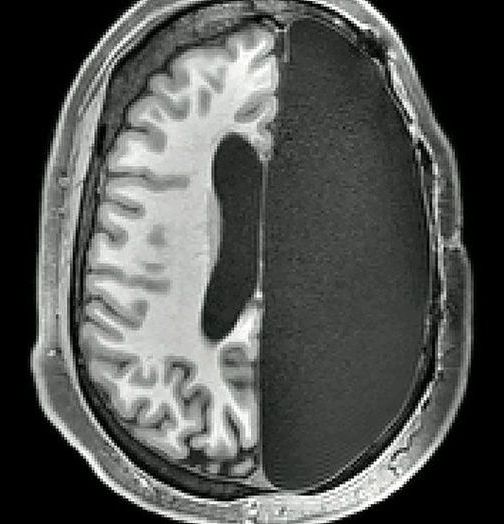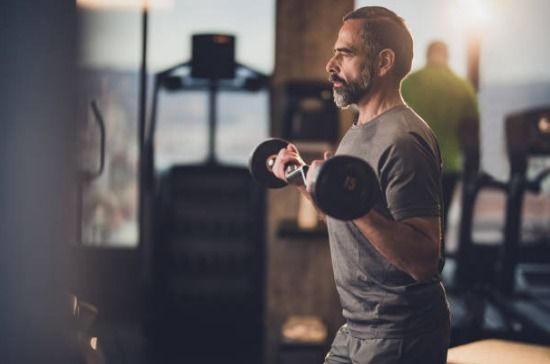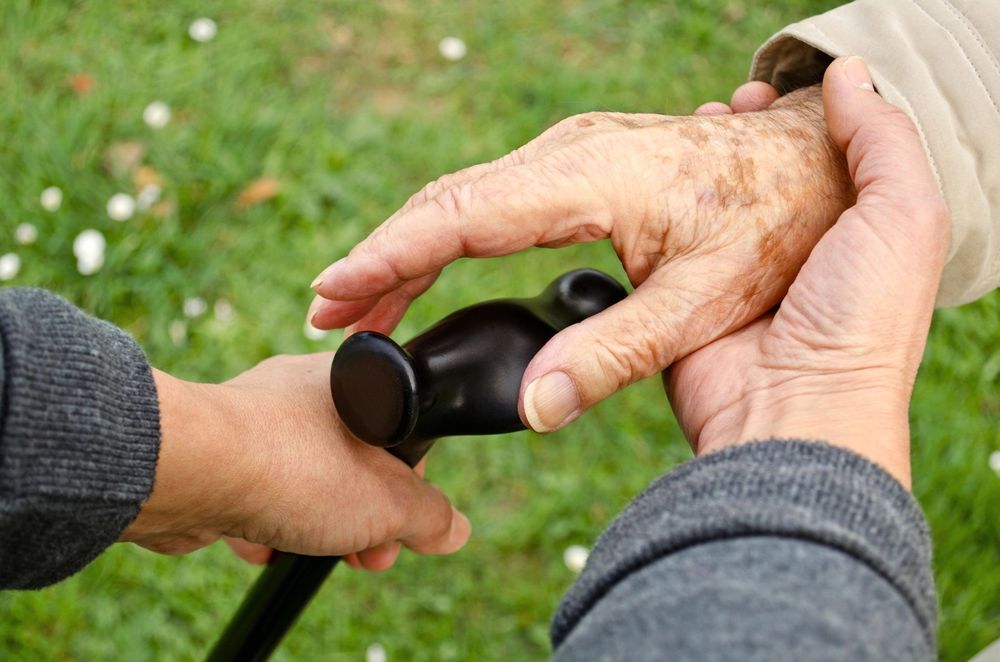Lawyers and doctors are typically paid more than manual laborers because of the relative shorter supply of lawyers and doctors, which is in part due to the number of years of training required to enter those professions and the corresponding value society attributes to those skills. But what will happen to their wages once the market is faced with an abundance of skilled labor? If anyone is able to upload legal or medical know-how to their brain and know just as much as the professionals in those fields, why pay a professional a higher wage?
Of course, certain skills, such as strategic judgment and contextual understanding, may be difficult, if not impossible, to digitize. But even the games of chess and Go, both complex games that require strategic decision-making and foresight, have now been conquered by AIs that taught themselves how to play—and beat—some of the best human players.
The technology’s potential for emancipation and human advancement is immense. But we—entrepreneurs, researchers, professionals, policymakers, and industry—must not lose sight of the social risks.
